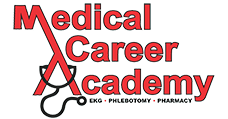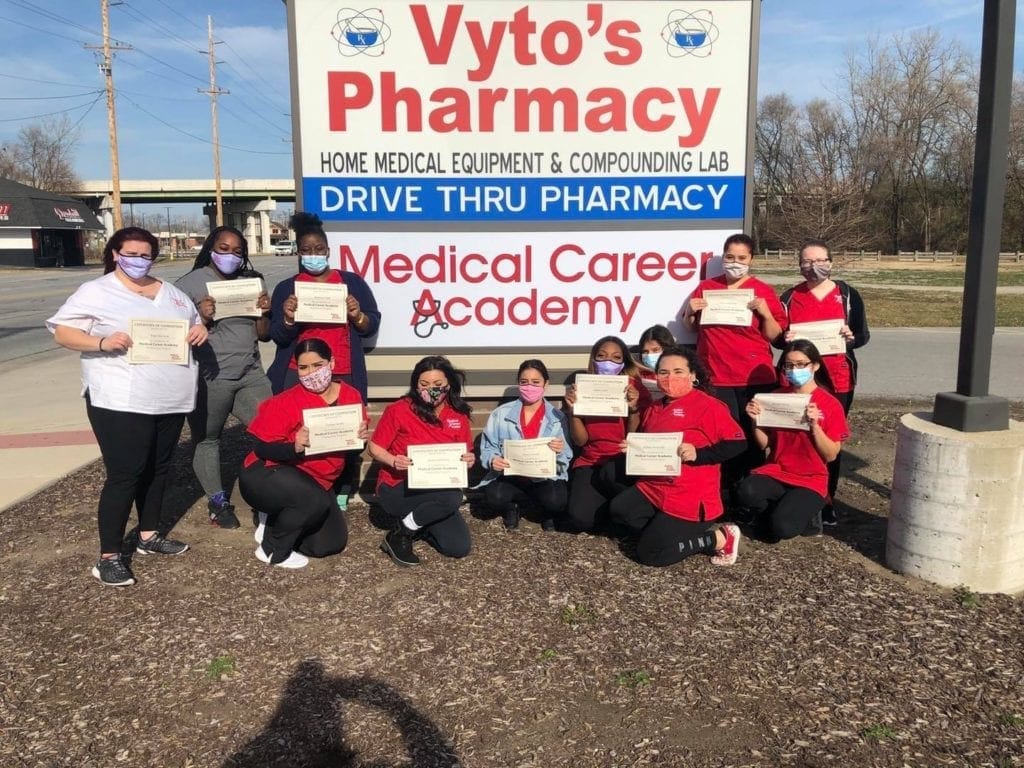Essential Soft Skills in Nursing and Healthcare Professionals
There are different skills that applicants must master and develop within any industry. These skills are commonly categorized into hard skills and soft skills. However, within a specific sector like nursing, there are numerous sub-industries with their own skills or sub-sets of categories. In this article, we will explore both hard and soft skills in nursing and healthcare, focusing on the importance of essential soft skills.
Hard Skills vs. Soft Skills
Hard skills are those skills that can be measured using some formalized or standardized testing. This is a different way of saying that hard skills are quantifiable, such as a nurse can count how many patients they have cared for in a day. In contrast, soft skills are those skills that cannot be measured using formal testing methods. For example, having good communication skills is a soft skill. It can be measured by a patient survey or an employee satisfaction survey, but it cannot be measured through some formalized test. This is why soft skills are also referred to as qualitative skills.
Essential Soft Skills in Nursing and Healthcare
- Passion
Whenever a person has been in a particular industry for any time, they have likely developed a passion for it. Without passion, a person does not enjoy what they do and probably does a sub-par job. Passion is essential because it drives a person’s intrinsic motivation to do their job well. The work will be done without passion, but there will be little drive to go above and beyond.
- Integrity
Integrity is the extent to which a person stays true to the values, beliefs, and principles that they hold. It is an essential soft skill because, without integrity, a person can do or say anything to further their career. It can also cause a person to act unethically or unprofessionally.
- Communication
Having good communication skills is essential in any industry, and it is no different in the healthcare industry. The healthcare industry requires effective and clear communication to ensure that patients receive the highest care possible. Communication is the primary tool of healthcare professionals because it enables patients to communicate their needs and concerns. Also, without adequate and clear communication, healthcare professionals may misunderstand what the patient needs, leading to severe consequences.
- Leadership
Nursing is a profession that is highly dependent on leadership. From the top-down, a nurse is taught to lead by example. If a nurse is not a good leader, the entire team will likely not work well. That nurse will find it challenging to get their team to reach a common goal.
- Problem-Solving
Problem-solving is thinking logically and using critical thinking skills to identify and solve problems. Clearly, it is an essential skill. For example, placing a patient’s pain problem is an excellent example of problem-solving. If a patient has a pain problem, the nurse’s job is to identify the cause of the pain and solve the problem.
Conclusion
Overall, we can see that hard and soft skills are essential in nursing and healthcare. Moreover, we have reviewed the necessary soft skills so that everyone has a basic understanding of these crucial skills.
Medical Career Academy is dedicated to providing each student with the highest quality education in several different health care fields. With our smaller class sizes, we can commit to each student individually and provide full support at every step in the process. We offer a real-life, hands-on experience for the student as well as a digital experience that is derived from instructors that are extremely skilled and experienced. If you’re looking for a medical career training center in Indiana, we’ve got you covered! Get in touch with us today and let us know how we can help!

